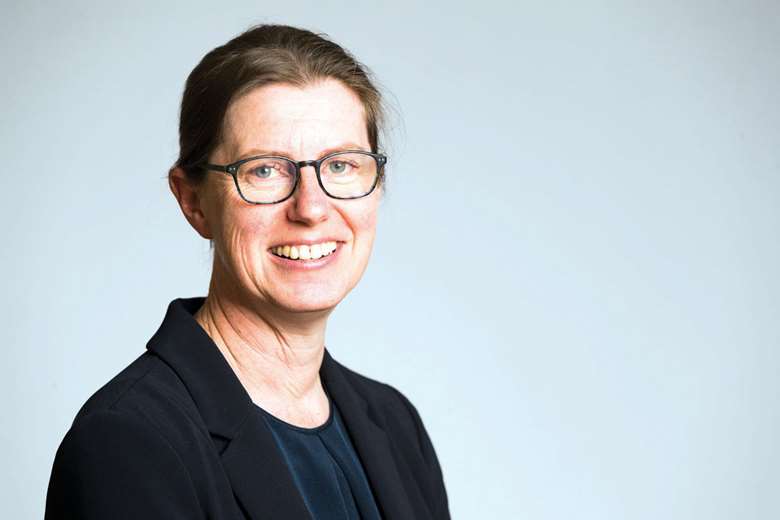The hidden children’s services workforce
Rachael Wardell
Friday, July 15, 2022
Like every director of children’s services, I expect, I have been immersed in the run of policy papers emerging from the Department for Education over the past few months.

This may be the most active phase of DfE policy development since the early 2000s and the policy and legislation that emerges as a result will shape our work - and the lives of the children and families we serve - for a generation to come. I’ve been trying to join the dots of all the different elements together in my head, and this week I’ve homed in on the Independent Review of Children’s Social Care, with a particular focus on workforce.
There is a dedicated workforce chapter in the review. Here the headlines about the proposals for a £253 million investment, including in an early career framework for social workers, a reduced reliance on agency social workers and tackling bureaucracy to enable social workers to prioritise direct work with children, young people and their families are all likely to be welcome, although there remain concerns about how the Expert Practitioner role might play out in practice. Under the heading ‘Developing the wider children’s social care workforce’ this chapter also outlines proposals for the professional development of family support workers (within the envisaged multi-disciplinary ‘family help’ teams), and residential care workers and children’s home managers. These are often neglected roles and the recognition of their importance and the need for investment in their professional development is long overdue.
Scattered through the pages of the review – well beyond the confines of chapter seven - there is a breadcrumb trail to a more hidden workforce and the wider development needs of everyone enlisted in this vision of support to children and families.
For example, the proposed multi-disciplinary teams of the family help workforce will comprise domestic abuse workers and mental health practitioners alongside family support workers. Those of us already working with the family safeguarding model will recognise the strengths of this way of working (and may wonder why substance misuse workers didn’t get a mention; they are essential to this vision too). Elsewhere the review reflects on the roles of youth workers, therapists, probation officers and a wider group of practitioners working with children such as teachers, early years practitioners, GPs and school nurses.
The review recognises that many of these professional disciplines (child protection paediatricians, police officers, health visitors) are ‘under strain’, but notes that partner organisations will need to support multi-disciplinary teams, for example by freeing up staff who can be seconded to join them. Where support for teenagers is concerned, there is reference to this broad workforce once again, wrapping themselves around a ‘child community safety plan’, from child mental health support to youth workers and even peer interventions. I am glad there is recognition that the youth work workforce has been profoundly affected by funding cuts and the need to rebuild this workforce is made clear.
In the vision of the review there is space for new roles and responsibilities. One example is the potential replacement of ‘a plethora of different professionals’ (including – controversially - IROs) in children’s lives. It’s likely that there would be a significant increase in the number of children and young people’s advocates if these proposals are followed through. I also spotted a passing reference to the role of a Designated Social Care Officer in a segment making an explicit link between this review and the SEND and AP green paper. I foresee a real shake up in the commissioning workforce if the Regional Care Cooperatives are taken forward. Anyone as long in the tooth as me will remember the Commissioning Support Programme. Certainly, professional development would be needed for this cadre of commissioners.
There’s plenty more I could write about the who, what, where and how of the workforce implications threaded through the review, but I’m out of space. What I would recommend though is that colleagues take another look at Figure 1 in the 2019 ADCS position paper Building a workforce that works for all children which really sets out in the round a comprehensive view of the children’s workforce. I don’t think there’s any part of that workforce that’s left untouched by these proposals if they’re carried forward. Time to take a good hard look at that diagram again!
Rachael Wardell is executive director of children, families and lifelong learning at Surrey County Council and chair of the Association of Directors of Children’s Services (ADCS) workforce development policy committee. This blog was first published on the ADCS website.




